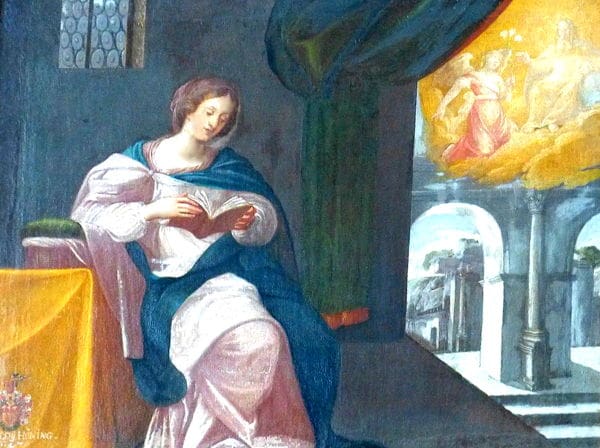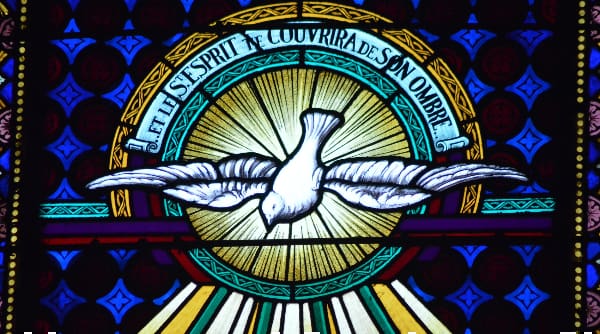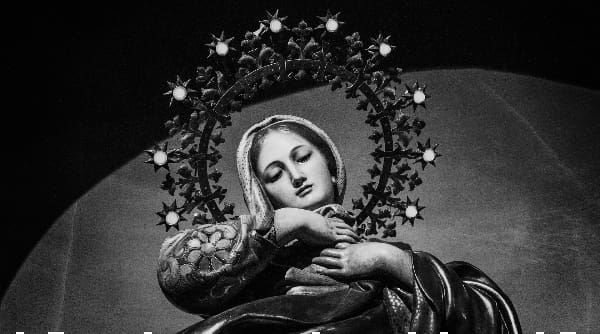
Struggles in the Spiritual Life
“I Just Can’t Pray” John looked out the window. Streetlamps and windows in neighboring homes lit the darkness of the approaching night. His gaze dropped to the desk before him. There, a few inches before his hand, lay the Bible. Normally at this time, he read from it for ten to fifteen minutes. Tonight, nothing












